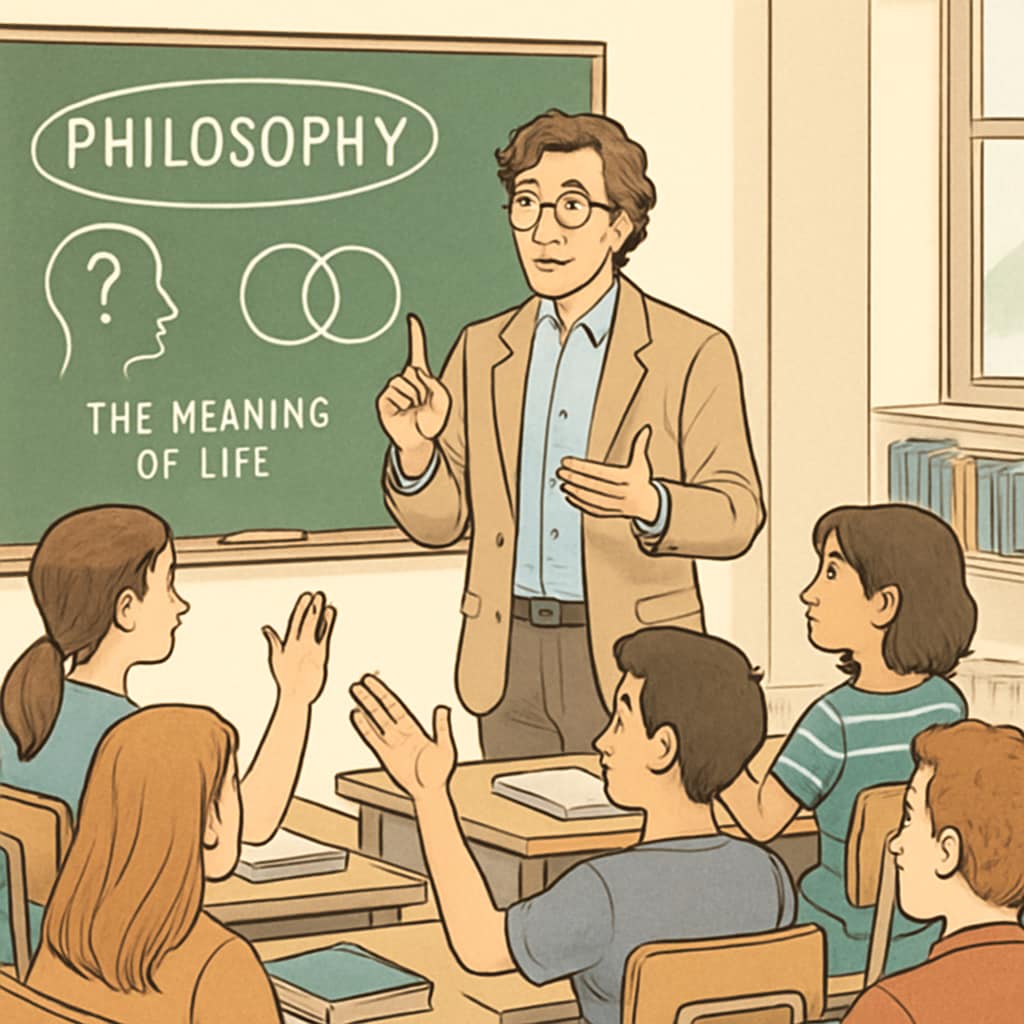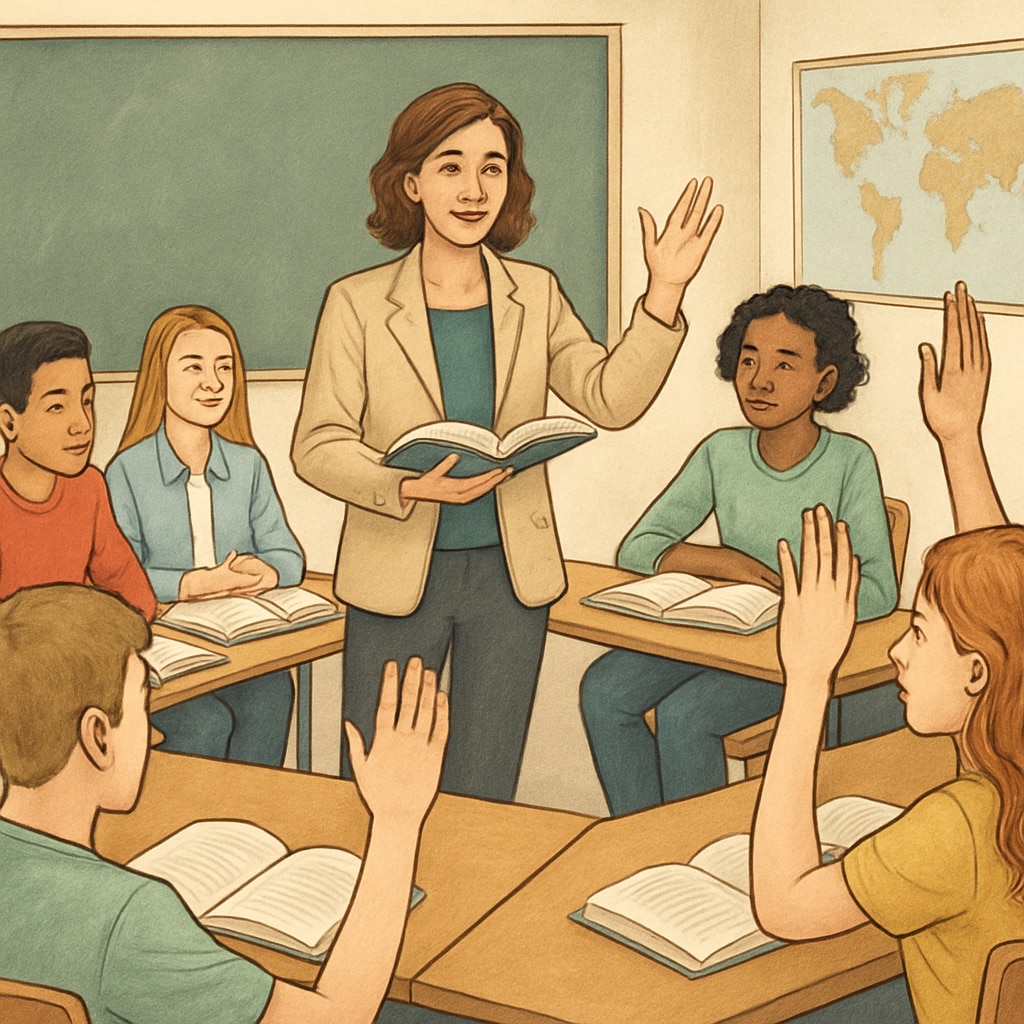In today’s rapidly evolving educational landscape, fostering critical thinking, problem-solving skills, and moral judgment has become more important than ever. A groundbreaking social experiment now seeks to explore the introduction of philosophy teachers into K12 education as volunteers, aiming to redefine the way students approach learning and decision-making. This initiative highlights the transformative potential of philosophy in shaping young minds and invites educators to play a pivotal role in this innovative research.

The Role of Philosophy in K12 Education
Philosophy, often regarded as the “love of wisdom,” provides a structured way of thinking that transcends traditional subject boundaries. In a K12 setting, its integration can provide students with the tools to question assumptions, evaluate arguments, and approach problems with a deeper understanding. These skills are not only academic but also essential for personal and social development.
For example, teaching students to engage with philosophical questions like “What is justice?” or “What makes a good life?” encourages them to think critically about their values and the world around them. According to a study by the Philosophy for Children program, students exposed to philosophical inquiry show marked improvements in reasoning, empathy, and communication.
Why a Social Experiment with Philosophy Teachers?
This social experiment aims to gather data on how philosophical education impacts students’ cognitive and emotional growth. By inviting philosophy teachers as volunteers, the initiative seeks to bring experienced educators into real-world classrooms to test innovative teaching methods. Their role will be to encourage open dialogue, introduce thought-provoking topics, and assess the outcomes on students’ learning behaviors.
Volunteering teachers will not only contribute to a significant body of research but also gain the opportunity to refine their teaching practices. As a result, this project could pave the way for integrating philosophy into standard K12 curricula worldwide.

How You Can Participate as a Volunteer
If you are a philosophy educator passionate about shaping the future of education, this is your chance to make a difference. Volunteers will have the unique opportunity to:
- Collaborate with schools to design and implement philosophy-centered lesson plans.
- Participate in workshops and training sessions to align with the project’s objectives.
- Document and share insights on student responses to philosophical teaching methods.
To join, you can reach out to the project coordinators, who will match you with a suitable school based on your expertise and availability. As Britannica highlights, philosophy’s ability to foster “reflective thinking” makes it an invaluable addition to any curriculum.
Additionally, this experiment is not limited to philosophy teachers alone—educators from other disciplines with an interest in critical thinking are also encouraged to apply.
The Broader Impact of Philosophy in Education
Incorporating philosophy into K12 education goes beyond academic achievement. It equips students with the skills to navigate ethical dilemmas, understand diverse perspectives, and engage in meaningful discussions. These qualities are essential in building a more empathetic and informed society.
For teachers, this experiment offers a platform to innovate and inspire, while contributing to a growing body of research on educational methodologies. By participating, you become part of a movement that seeks to redefine education for the 21st century.
In conclusion, this social experiment is an exciting opportunity for philosophy teachers and volunteers to shape the next generation of thinkers and leaders. If you’re ready to contribute to this transformative initiative, consider joining today. Together, we can unlock the full potential of philosophy in education.


